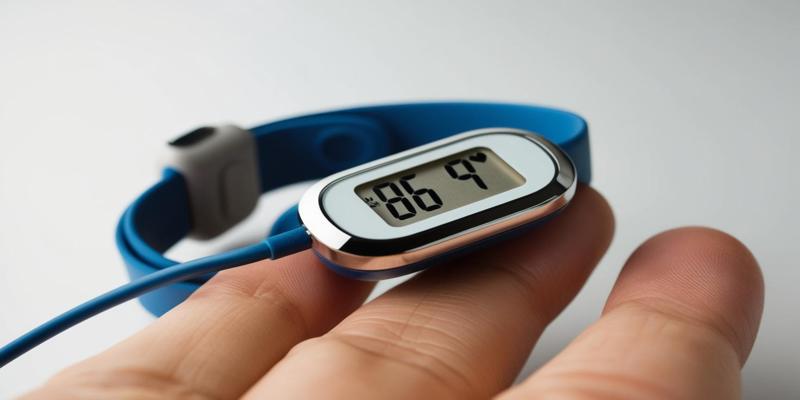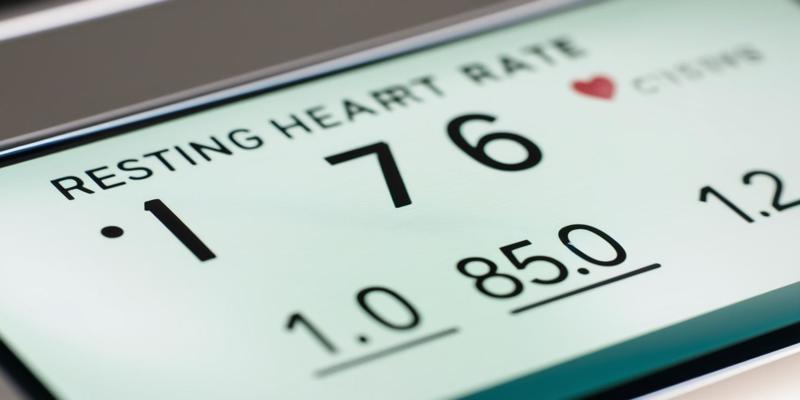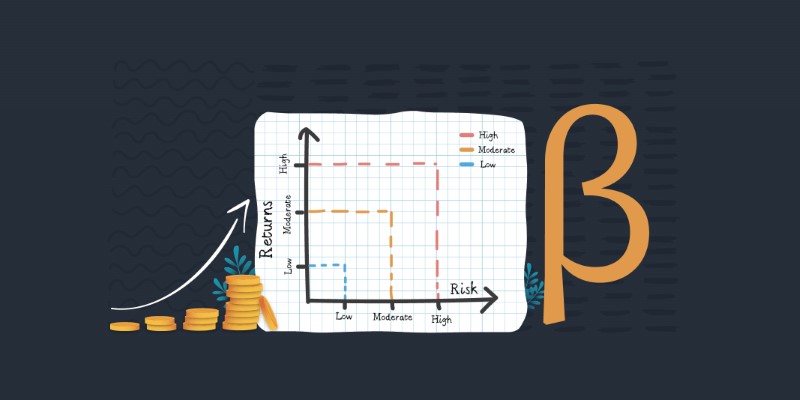Look to increase your cardiovascular health and overall fitness. This is a great way to monitor any improvement in your resting heart rate. A lower resting heart rate is directly proportional to good heart functioning, low stress levels, and overall good physical fitness. In this comprehensive guide, you'll learn practical ways to lower your resting heart rate by implementing lifestyle changes, exercise routines, and relaxation techniques.
Understanding Resting Heart Rate: What is it and Why Does it Matter?
 The one vital sign most revealing of your general health and fitness is the resting heart rate. But what exactly is resting heart rate, and why does it matter? Take a closer look.
The one vital sign most revealing of your general health and fitness is the resting heart rate. But what exactly is resting heart rate, and why does it matter? Take a closer look.
Resting Heart Rate-Defined
Resting heart rate is the number of times your heart beats per minute when you are entirely at rest. It's usually measured in the morning before leaving bed. A regular resting heart rate for adults falls between 60 and 100 beats per minute, though, for athletes and persons in the best physical shape, it can be as low as 40.
What Your RHR Means
Your resting heart rate is more than just a number; it's a window to your cardiovascular health. Generally, a low RHR indicates higher fitness, with the heart being highly efficient. Here's why it matters:
- Cardiovascular Health: Lower RHR is associated with lesser risks of cardiovascular diseases and healthily functioning hearts.
- Level of Fitness: The heart grows more effectively, corresponding to improved cardiovascular fitness. Therefore, the resting heart rate tends to go down.
- The resting heart rate is also an indicator of one's stress level. High RHR, continuously, can be caused by chronic levels of stress or anxiety.
- Recovery and Overtraining: Athletes often take RHR as a sign of recovery and a way to avoid overtraining. A soaring RHR will indicate that one needs more rest.
Things That Affect Your Resting Heart Rate
 Your resting heart rate is determined by various factors, some of which are within your control, but most are not. Knowing these elements will help you work toward the best state of your cardiovascular health.
Your resting heart rate is determined by various factors, some of which are within your control, but most are not. Knowing these elements will help you work toward the best state of your cardiovascular health.
Age and Genetics
With increasing age, your resting heart rate usually rises. Throughout the process of aging, your heart changes both anatomy and physiology. Secondly, genetics determines your resting heart rate. Some individuals have an increased or decreased resting heart rate due to genetic factors.
Physical Fitness and Activity Level
The more a person exercises, particularly aerobic exercise, the lower their resting heart rate is. Through regular training, as your heart becomes more potent and more effective, it can pump more blood with each beat and doesn't have to beat as many times per minute to deliver blood to your body.
Stress and Emotional State
Your mental and emotional conditions have a direct impact on your heart rate. Long-term stress, anxiety, and other emotional problems may increase your resting heart rate. On the other hand, relaxation techniques and good mental health can help your heart rate remain normal.
Lifestyle Factors
Some of your daily activities determine your resting heart rate:
- Diet: A healthy, balanced diet with low saturated fats and a high intake of fruits, vegetables, and whole grains can contribute to a generally positive effect on heart rate.
- Hydration: Proper hydration maintains blood volume, which enables the heart to pump more efficiently.
- Sleep: Adequate, quality sleep is essential for heart health and may help lower a person's resting heart rate.
- Substance use: Caffeine, nicotine, and all act to raise your resting heart rate.
Ways Proven to Lower Your Resting Heart Rate
Your overall cardiovascular health and fitness depend on it. The following are some ways you can try to lower your heart rate.
Regular Aerobic Exercise
Regular cardiovascular exercises are among the most influential ways of lowering resting heart rate. Do at least 150 minutes of moderate-intensity aerobic exercise, 75 minutes of vigorous physical activity, or an equivalent mix of both each week. Brisk walking, jogging, swimming, and cycling top the endless list of activities that engage your heart muscle, thereby enhancing its efficiency in pumping blood. The moment such efficiency improves, the resting heart rate slows down gradually.
Practice Relaxation Techniques
Chronic stress can raise your heart rate, so adding some form of relaxation to your daily routine is essential. Try deep breathing exercises, meditation, or yoga to trigger your body's relaxation response. These can help lower your heart rate in the moment and, when done regularly, contribute to a lower resting heart rate over time.
Eat Healthy
Your diet also significantly impacts heart health. Eat a healthy diet with plenty of fruits, vegetables, whole grains, and lean proteins. Limit saturated fats, processed foods, and excess salt. Omega-3 fatty acids, found in fish and flaxseeds, prove especially helpful for the heart. Hydration is another critical factor since dehydration causes your heart to work harder, raising your heart rate.
Get Enough Sleep
Sound sleeping is essential for a healthy heart rate. Try to sleep for 7-9 hours each night. Consistency with a sleep schedule and, more importantly, a bedtime routine will go a long way in improving sleep quality. Bad sleeping heightens stress hormones that may also boost inflammation to the same proportion that your resting heart rate increases.
Tracking Your Progress: Measuring and Keeping Track of Your Resting Heart Rate
Monitoring your resting heart rate is essential to understand your cardiovascular health and how well your efforts are working to lower it. Here's how to measure and monitor your progress effectively:
Manual Measurement Techniques
Measuring your RHR The simplest way to measure your resting pulse is to use your fingers on the pulse point. Place your index and middle fingers on the inside of your wrist or on the side of your neck. Count for 30 seconds how many times your heart pulsates. Multiply by two for your BPM. For accuracy, this should be done in the morning upon waking before leaving your bed.
Using Technology for Precision
Modern technology offers more convenient and precise ways to track your RHR:
- Fitness trackers and smartwatches: These devices continuously monitor your heart rate day and night, providing a wealth of data.
- Smartphone apps: Many apps use your phone's camera to measure your pulse by detecting subtle color changes in your fingertip.
- Heart rate monitors: Chest strap monitors offer highly accurate readings, especially during exercise.
Logging and Trend Analysis
Consistency is the game's name for measuring RHR; a log must be developed daily by noting the conditions that may affect heart rate, such as stress level, sleep quality, or time of last exercise. After some time, this will allow the individual to discern patterns in how the RHR changes as a function of lifestyle change.
Conclusion
Proper and timely lifestyle and habit changes can help reduce the resting heart rate. You can do much for your heart by adding routine aerobic workouts, stress management, a healthy diet, hydration, and sound sleep. The road to good cardiovascular fitness takes time and commitment. A commitment to an improved life is all one needs to enjoy a low resting pulse rate for years.












